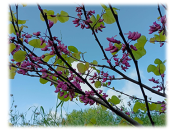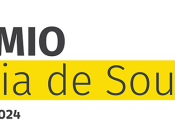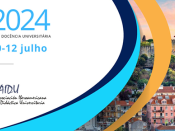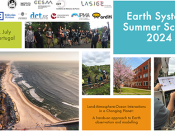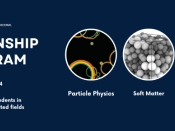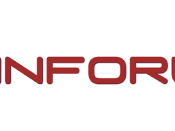Abstract:
The Cosmic Microwave Background (CMB) has revolutionized our understanding of the Universe. It provides strong evidence in favour of the hot Big-Bang theory and has enabled ways to constrain cosmological models with unprecedented accuracy.
The Planck Surveyor satellite is a cornerstone mission of the European Space Agency (ESA) launched in 2009 to observe the CMB temperature and polarisation with high angular resolution and sensitivity. The first set of Planck observations indicated that a simple model with (only) six parameters provides a good fit to the primordial CMB temperature power spectrum as well as imposed constrains on several cosmological parameters about the origin and evolution of perturbations in the Universe. Along with these findings, Planck revealed the first all-sky, large-scale structure, catalogue of galaxy clusters, observed at microwave frequencies via, the Sunyaev-Zeldovich (SZ) effect. The use of this cluster information enables further constraints on cosmological models and structure formation mechanisms.
A second set of Planck data will be soon presented, along with the first cosmological constraints using primordial polarization power spectra. The polarization observations by Planck are expected to clarify the nature of the excess of polarization observed by the BICEP2 experiment. The new data will also set the framework for the preparation of the future ESA cornerstone mission of cosmology, named Euclid, which will be dedicate to the study of the “dark (energy and matter) Universe” and that will be launched by 2020.
This talk starts with a brief introduction to the current standard model of cosmology. We then describe the main properties of the CMB and SZ galaxy clusters as probes of cosmology and large-scale structure formation. We finalise we a critical discussion about the present findings from these probes and how some intriguing “anomalies” and “parameter tensions” present in the first set of Planck results, may be confirmed or ruled out / lifted with the coming Planck set of observations.
Orador: Prof. António da Silva (Instituto de Astrofísica e Ciências do Espaço/FCUL)
Dia 29/10/2014, às 14h, no anfiteatro 1.4.14





